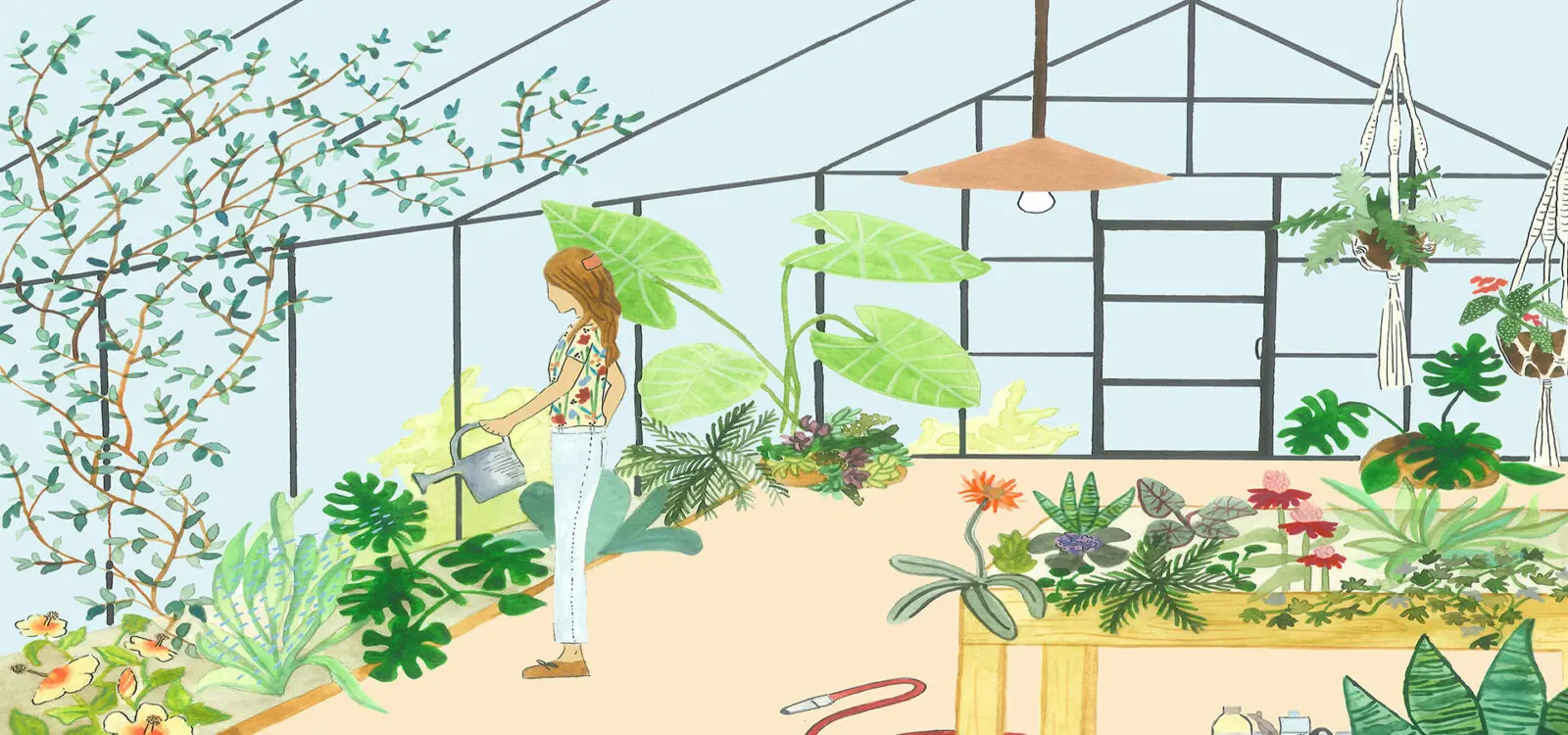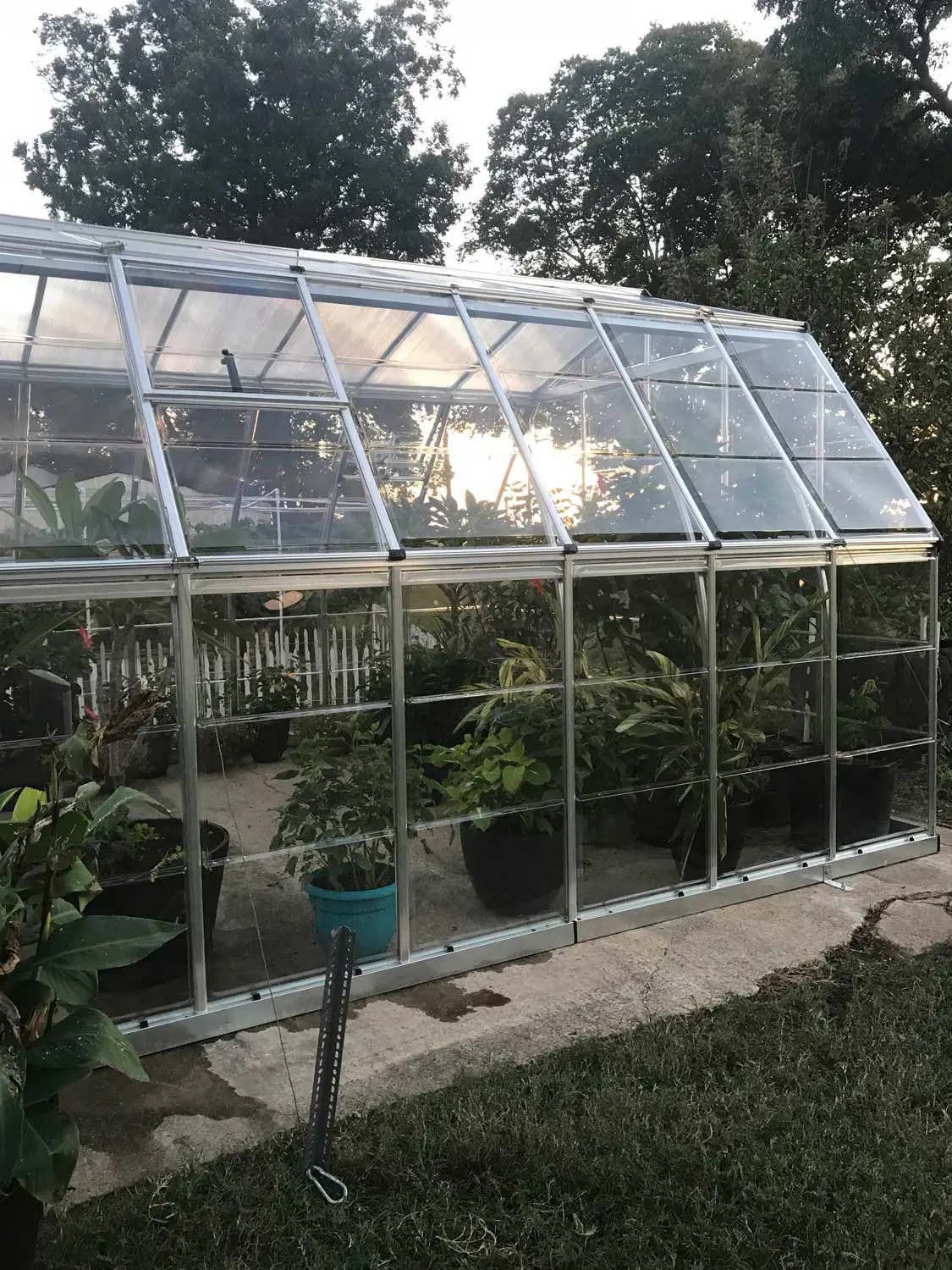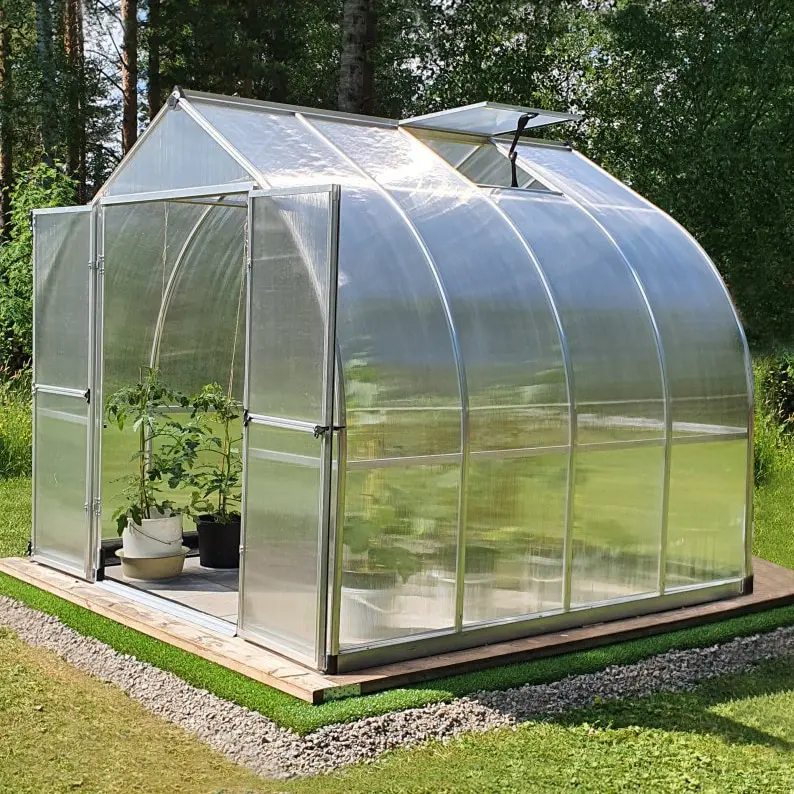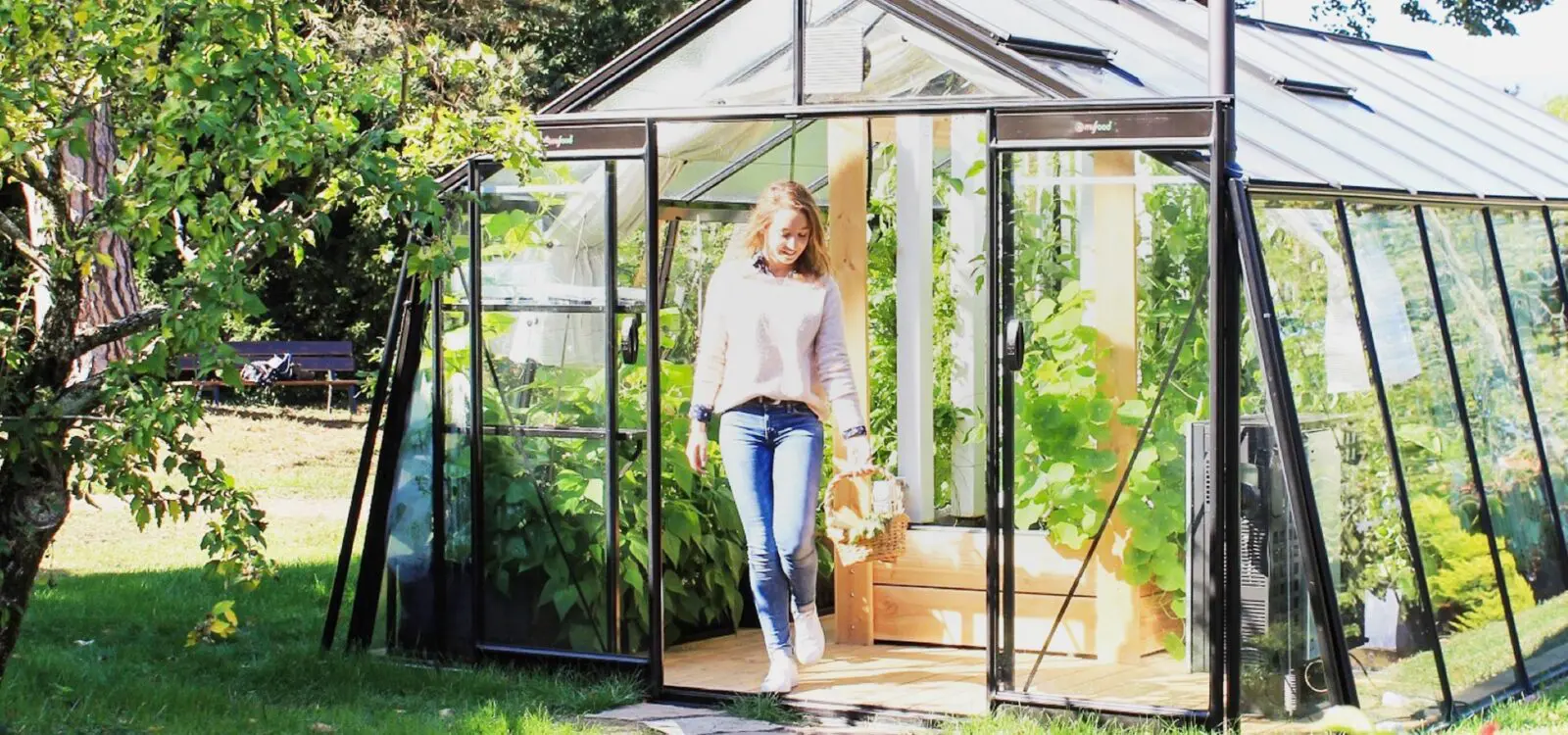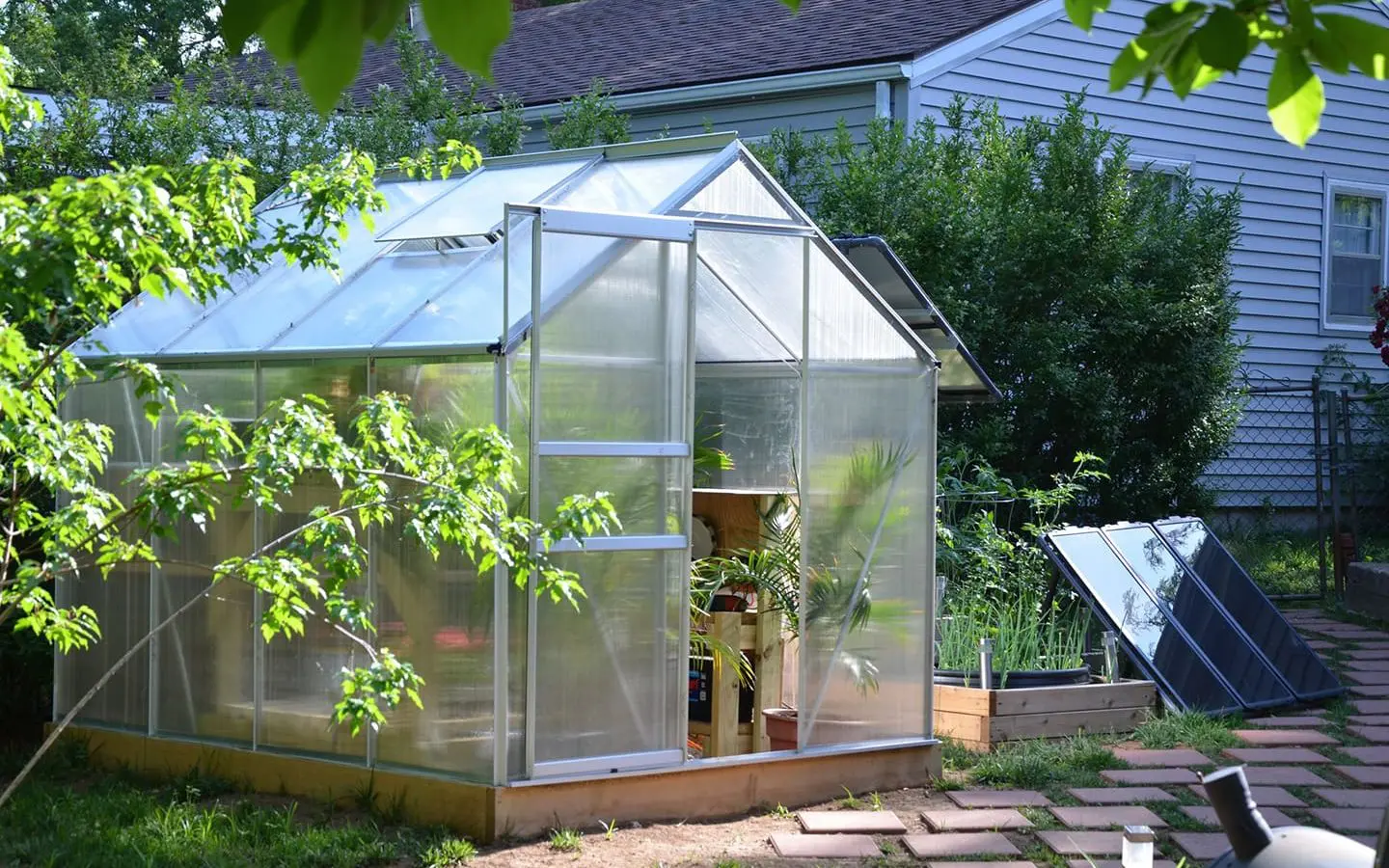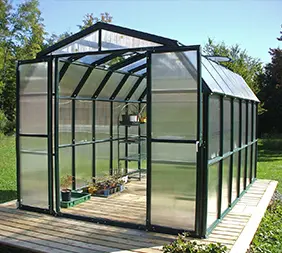Gardening is often associated with happiness and well-being for several reasons. Here are some factors that contribute to the positive impact of gardening on mental health:
Connection with Nature: Gardening allows individuals to connect with the natural world. Spending time outdoors, surrounded by plants and greenery, can have a calming effect and provide a sense of tranquility. The exposure to fresh air and sunlight also contributes to an improved mood.
Physical Exercise: Gardening involves various physical activities, such as digging, planting, weeding, and watering. Engaging in these activities provides a form of exercise, which is known to release endorphins–the body’s natural mood enhancers. Physical activity is linked to improved mental health and can help reduce stress and anxiety.
Sense of Accomplishment: Watching plants grow and thrive due to your care and effort can give a sense of accomplishment. Completing gardening tasks, whether planting seeds, cultivating soil, or harvesting fruits and vegetables, provides tangible results and a feeling of pride.
Mindfulness and Stress Reduction: Gardening often requires focus and attention to detail. The act of gardening can be a form of mindfulness, where individuals are fully present in the moment, concentrating on the task at hand. This mindfulness can help reduce stress and promote relaxation.
Connection with Seasons: Gardening involves working with the changing seasons, from planting in the spring to harvesting in the summer and fall. This connection with the natural cycle of life can instill a sense of rhythm and continuity, providing a grounding effect on individuals.
Creativity and Self-Expression: Planning and designing a garden allow for creativity and self-expression. Choosing plants, arranging them aesthetically, and creating a unique outdoor space can be a fulfilling and expressive activity, providing an outlet for personal preferences and artistic flair.
Therapeutic Benefits: Gardening is increasingly recognized for its therapeutic benefits. Horticultural therapy, for example, is a practice that uses gardening activities to promote physical and mental well-being. It is often employed in healthcare settings to support individuals dealing with various health challenges.
Community and Social Interaction: Gardening can be a social activity, fostering a sense of community among individuals who share a common interest in plants and gardening. Joining a community garden or participating in gardening clubs provides opportunities for social interaction and the exchange of knowledge and experiences.
Overall, the combination of physical activity, connection with nature, a sense of accomplishment, and opportunities for creativity and social interaction makes gardening a holistic and fulfilling activity that contributes to happiness and well-being.



